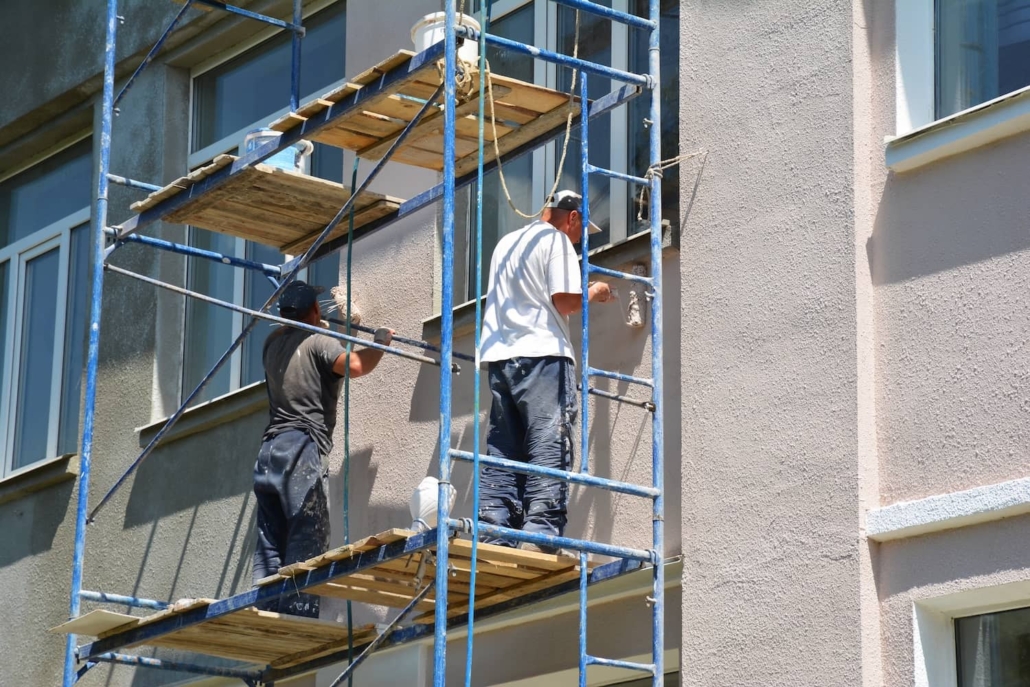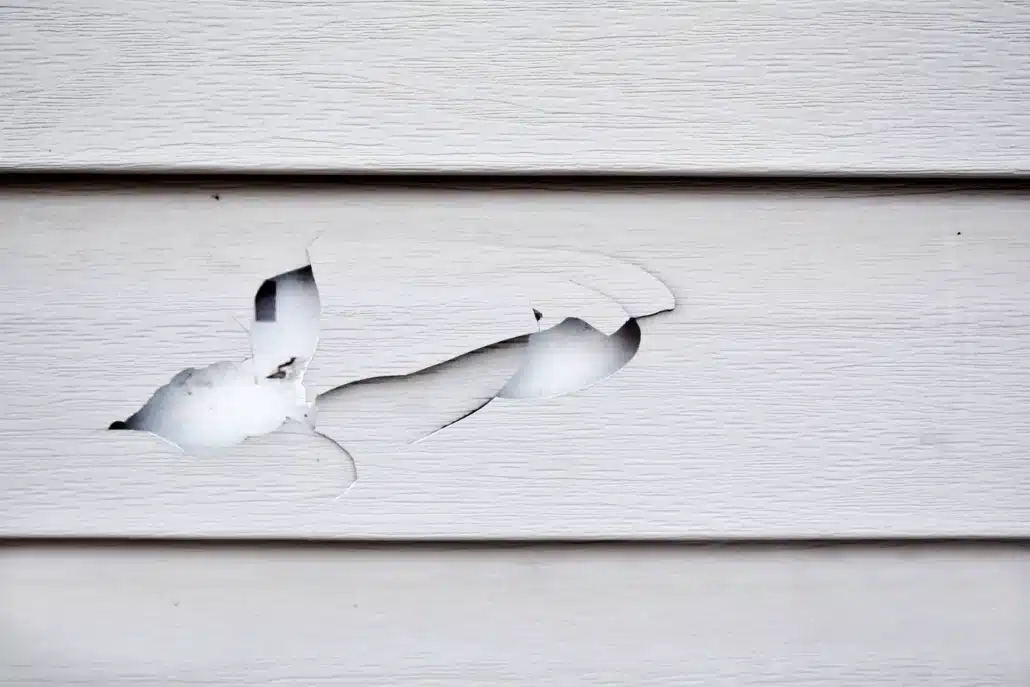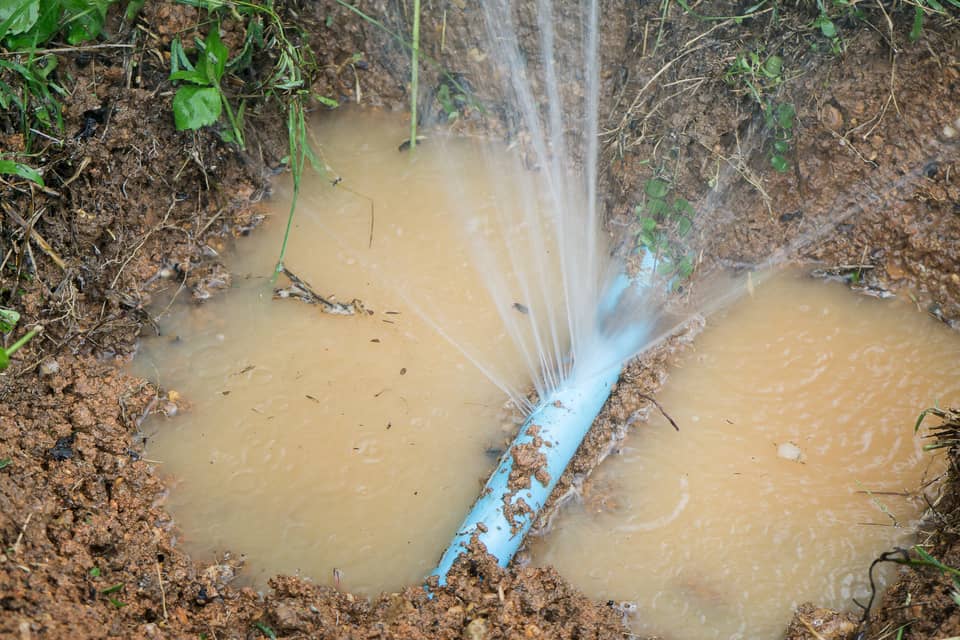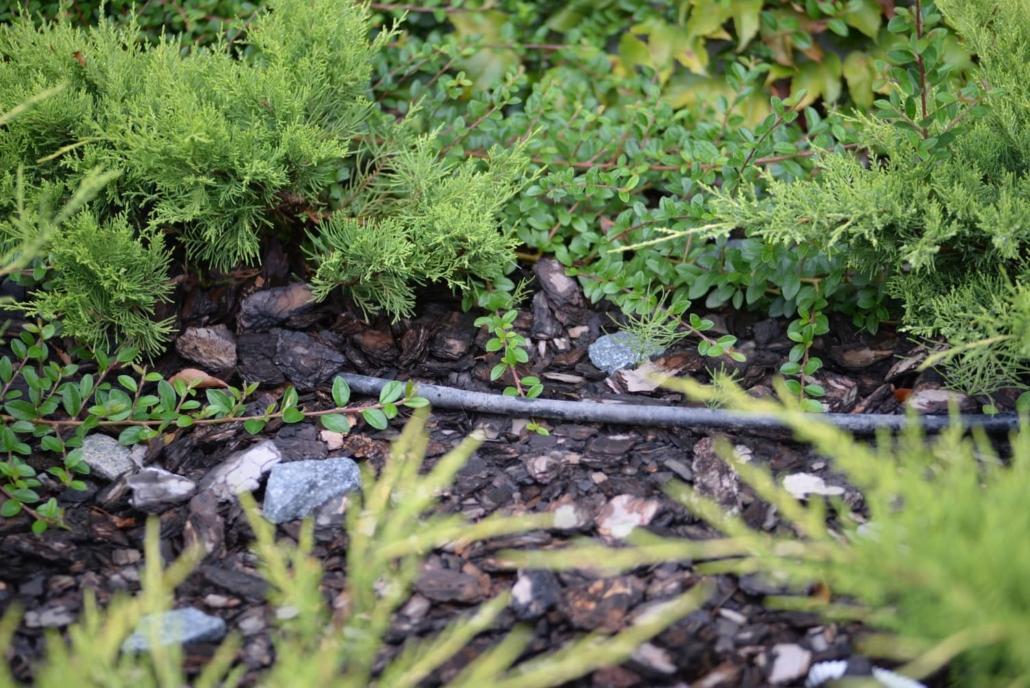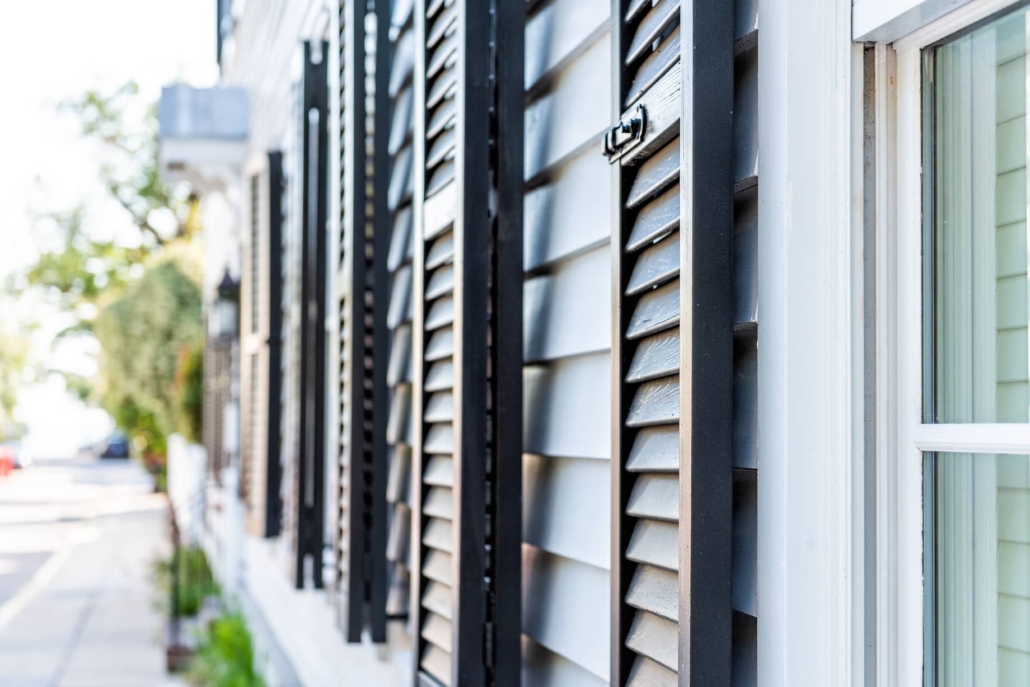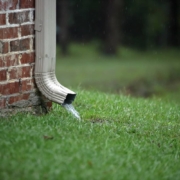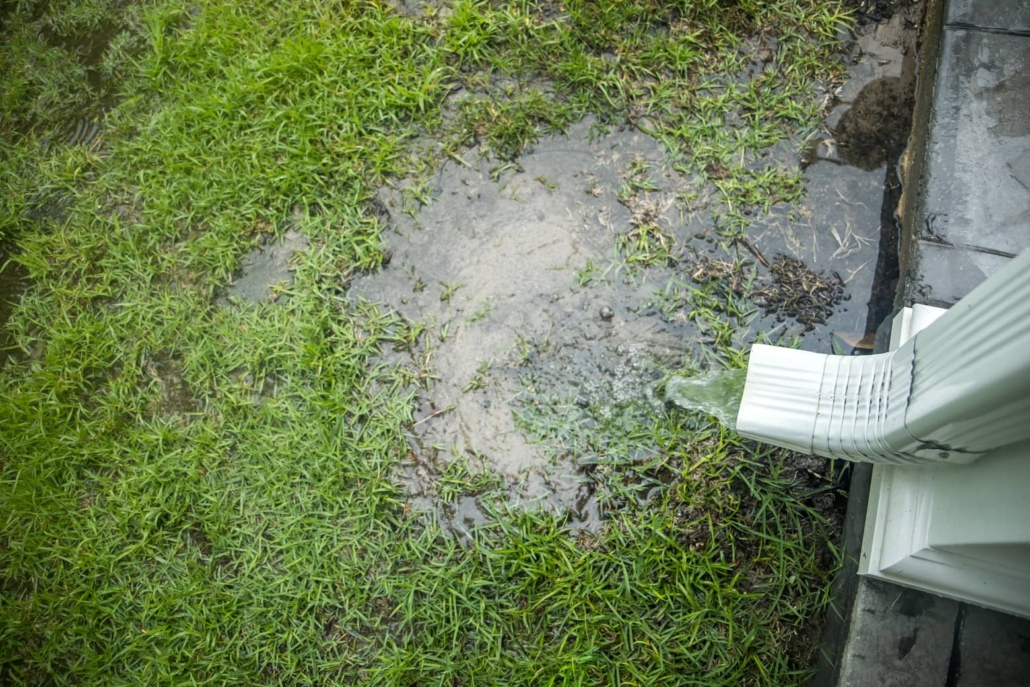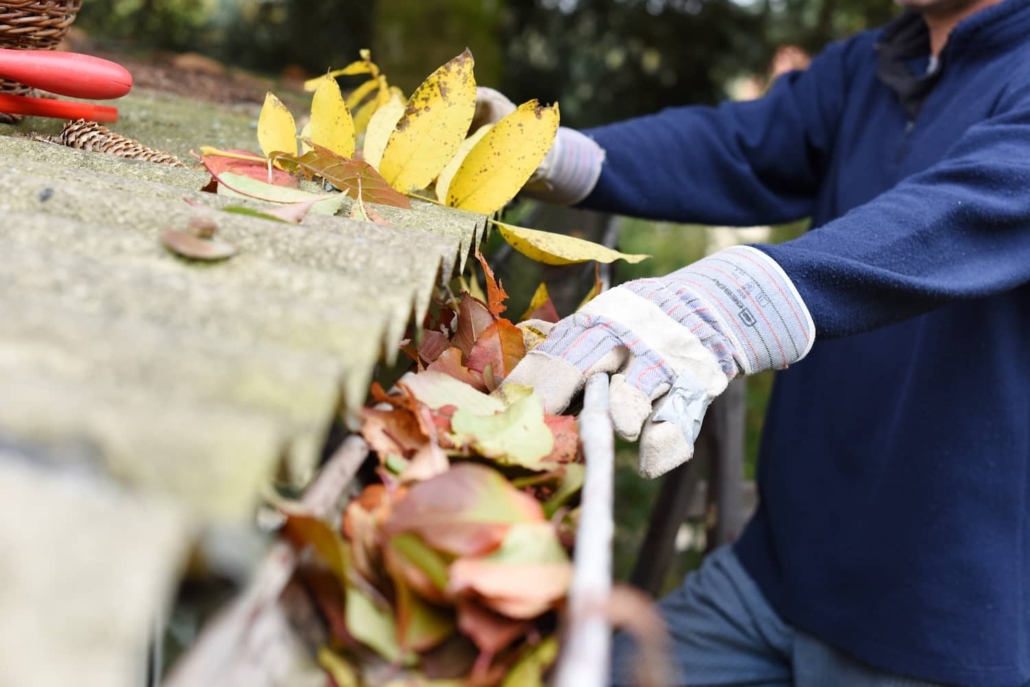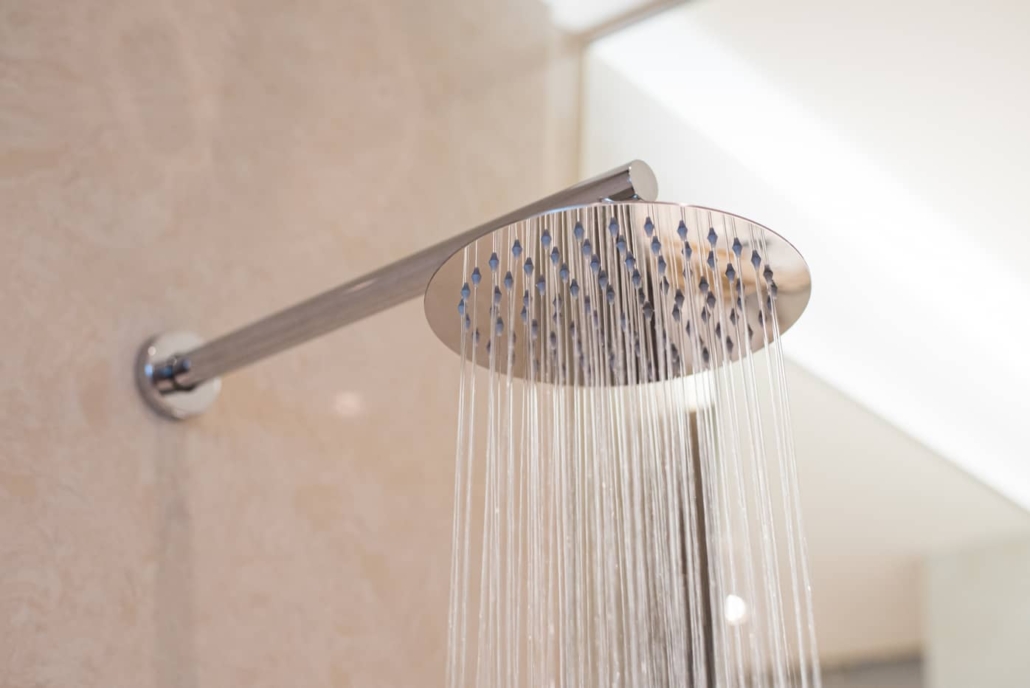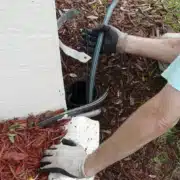Is a Flickering Light Bulb Dangerous?
A flickering light bulb is relatively common and might seem like a harmless quirk – but have you ever wondered if it’s signaling a dangerous underlying problem? In some cases, ignoring this issue could lead to potential safety hazards or even expensive electrical repairs.
So you’re always prepared for this situation moving forward, this post will explain common causes behind flickering light bulbs and explore the potential dangers. We’ll also cover practical troubleshooting tips to help you address the flickering and know when it’s time to call an expert.
What Causes Light Bulbs to Flicker?
Several factors can cause a light bulb to flicker, ranging from minor issues to serious concerns:
- Loose light bulb connections: This prevents a steady flow of electricity to the bulb.
- Faulty light switches: They can intermittently cut power, causing flickering.
- Voltage fluctuations: Inconsistent voltage in your home’s electrical system may cause lights to flicker, especially with outdated wiring that can’t handle modern electrical demands.
- Outdated wiring: Old wiring may not be able to support the power needs of modern appliances and electronics, leading to flickering.
- Overloaded circuits: When circuits are strained to provide power consistently, lights may flicker.

Risks of Flickering Light Bulbs
While a flickering light bulb seems like a minor inconvenience, it can indicate bigger problems that pose bigger risks. Ignoring the flickering could lead to:
- Fire hazards: Loose connections or faulty wiring can generate heat and sparks, increasing the risk of electrical fires.
- Electrical shock risks: The underlying issue causing the flickering may expose you to live wires, posing a shock hazard.
- Damage to appliances and electronics: Inconsistent power from flickering can harm sensitive electronic components.
- Reduced light bulb lifespan: Constant flickering can cause light bulbs to burn out more quickly, which means more frequent replacements.
Troubleshooting for Flickering Lights
If you notice a flickering light bulb, consider trying these simple troubleshooting:
- Tighten loose connections: Gently tighten the light bulb and check the fixture’s connections to ensure a steady power flow.
- Replace old switches: Faulty or worn-out light switches can cause intermittent flickering, so try replacing them with new ones.
- Upgrade to compatible bulbs: Use high-quality light bulbs designed for your specific fixture to minimize flickering and ensure optimal performance.
- Redistribute electrical loads: If multiple lights are flickering, try redistributing electrical loads evenly across circuits to prevent overloading.
Other Recommended Maintenance
To prevent flickering light bulbs and ensure electrical safety, consider a few key maintenance tasks. Regularly inspect your home’s wiring for signs of wear, damage, or outdated components that may need to be replaced to prevent flickering and other electrical issues.
If your home has an outdated electrical panel, upgrading to a modern one can help accommodate your current power needs and reduce the risk of flickering. Additionally, installing surge protectors throughout the home can safeguard your valuable electronics from potential damage caused by flickering or power surges.

When to Call a Professional
If you experience persistent flickering despite your efforts, there may be a more serious underlying issue.
Also, if you notice visible sparks or burning odors coming from outlets, switches, or fixtures, turn off the power immediately. Then, get help from an expert. Frequent circuit breaker trips or blown fuses could also indicate a severe electrical problem that needs professional assessment.
In any of these cases, it’s essential to have a licensed electrician address the issue. Attempting to diagnose and fix these serious issues yourself can be dangerous.
Conclusion
To summarize, don’t ignore that flickering light bulb – while it’s not always dangerous, it could be a warning sign of a serious electrical issue. It can be tempting to brush off the annoyance, but addressing it quickly is the best course of action.
To schedule an inspection of your home’s electrical system or get guidance on an existing issue, call Inside & Out Property Inspectors in Jacksonville, FL, and surrounding areas.


